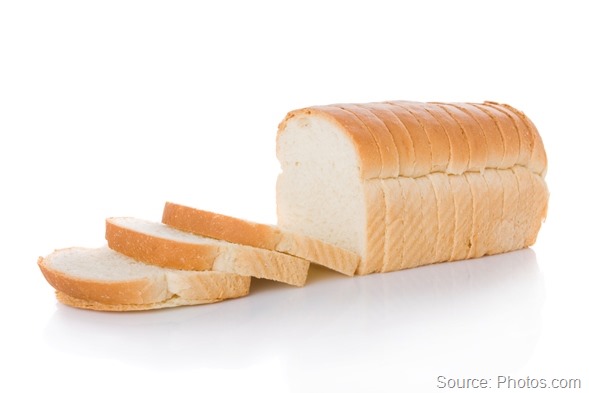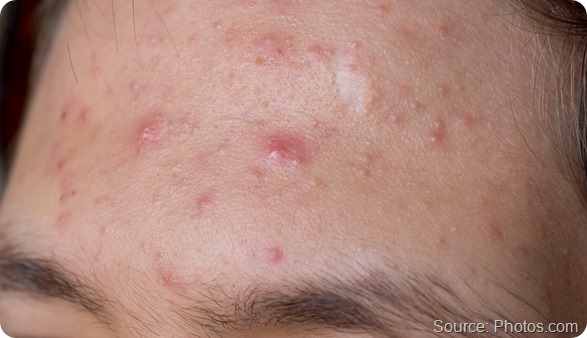
Your recent review looked at the effects of high glycemic index foods on acne. Please can you give some examples of high glycemic index foods?
The typical Western diet tends to have a high glycemic index. High glycemic index foods are e.g. white bread, processed cereals, snacks, cakes and deserts, sweets and also instant foods like burgers and fried chicken.

What did your review find?
We concluded that the evidence to date suggests that diet can ameliorate or exacerbate acne to some degree. We believe that a recommendation for a healthy diet including fruit and vegetables and low glycemic index foods might be helpful to acne patients.
What mechanisms have been proposed to explain this link between acne and high glycemic index foods?
There is a high complexity of interactions between glycemic index, insulin sensitivity and hormonal mediators in acne pathology.

Is further research needed to confirm your results?
Yes, further research is needed to confirm our conclusions. In particular, research into the association of insulin resistance and acne as well as the protective effects of antioxidant, anti-inflammatory and probiotic foods in specific acne populations.
How did your findings differ from previous reviews?
We have critically reviewed the recent evidence related to diet and acne in order to establish whether recommendations can be made for clinical practice. Our conclusions are in line with reviews published since 2009, however, we believe that there is stronger evidence for our conclusions.
What impact do you think your review will have?
We propose that evidence-based dietary advice may be a valuable adjunct to conventional acne therapy in a dermatology practice.
Do you think it will be possible to prevent acne by controlling the diet?
We believe it is possible to ameliorate severity of acne by diet.

The prevalence of acne amongst adults is thought to be increasing. What do you think are the reasons for this?
In my view, lifestyle plays a role in acne pathology i.e. stress, lack of sleep, quality of the environment, and diet.
What are your further research plans?
We are conducting a clinical trial looking into the association of acne and functional food in women with polycystic ovary syndrome (PCOS).
Where can readers find more information?
Steventon, K., Cowdell, F. (2013), Acne and diet: a review of the latest evidence, Dermatological Nursing 12(2), 28-34.
About Dr Katerina Steventon
 Dr Katerina Steventon is a skin scientist with a substantial experience of working at the clinical, scientific and commercial interface.
Dr Katerina Steventon is a skin scientist with a substantial experience of working at the clinical, scientific and commercial interface.
She is a Post Doctoral Research Fellow at the Faculty of Health and Social Care/HONEI at the University of Hull and her research involves psychosocial, behavioral and dietary aspects of long-term skin conditions.
Her commercial experience stems from working for the healthcare and skincare industry – Shiseido (Japan), La Prairie (Switzerland) and Smith & Nephew Wound Management (UK). More information available at www.linkedin.com/in/katerinasteventon